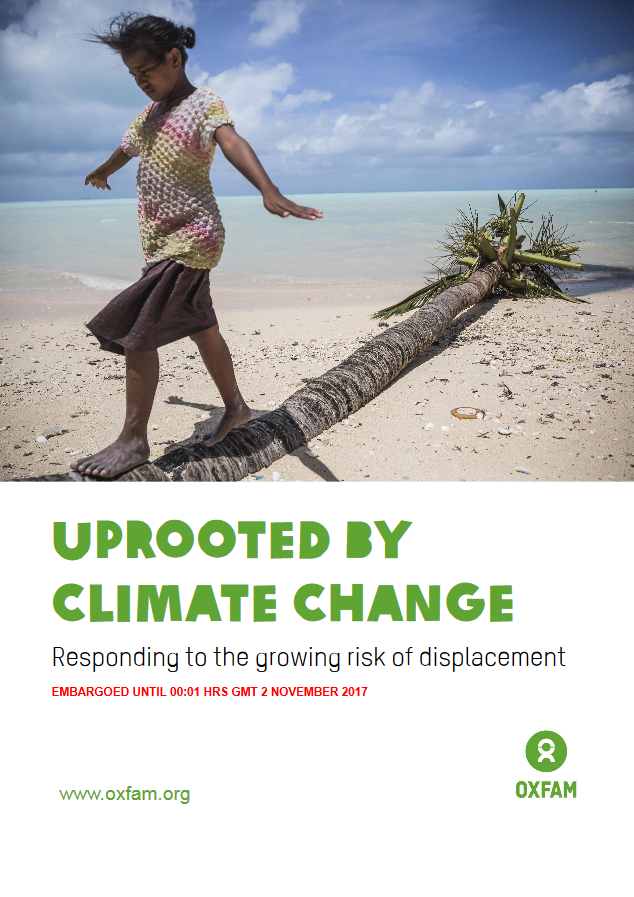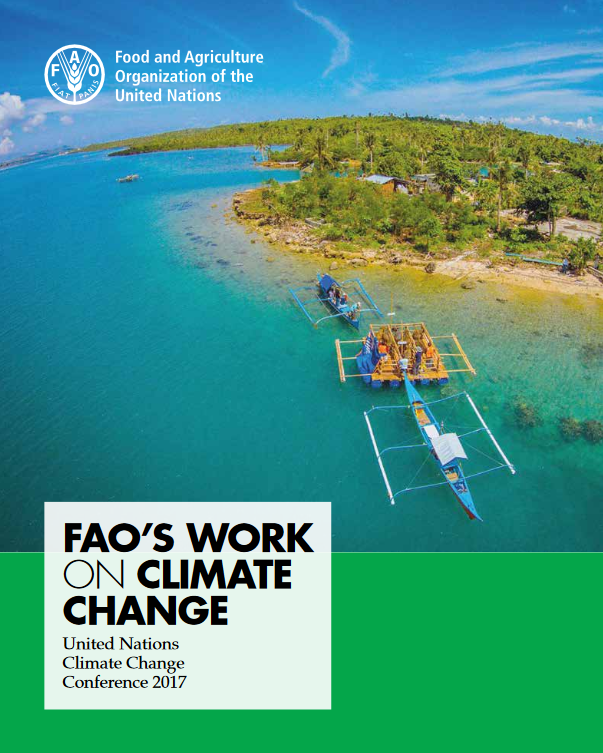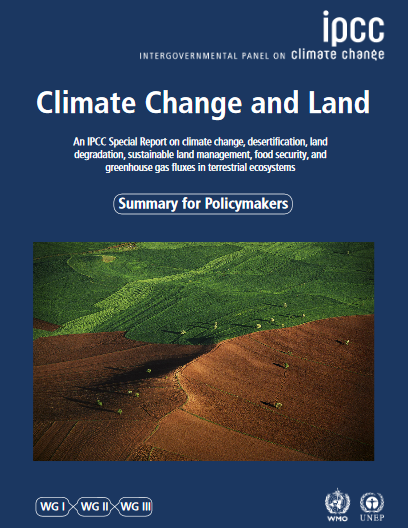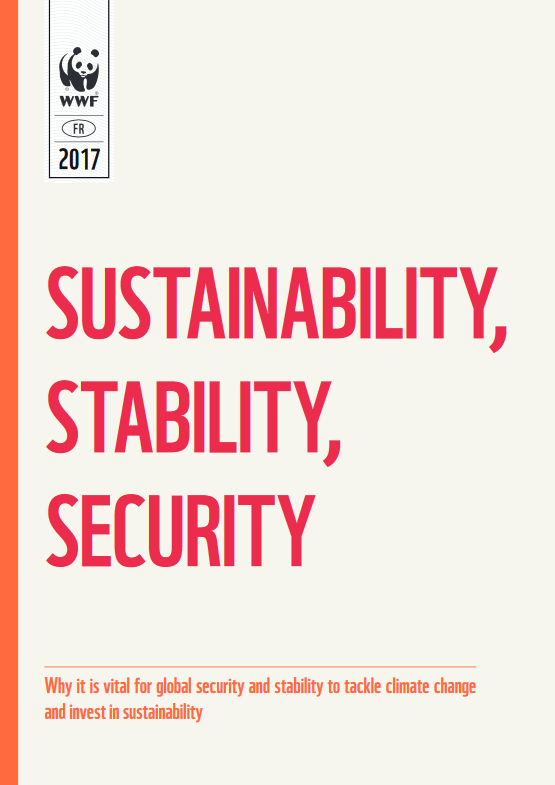Le FIDA, le Bureau de la Conseillère spéciale des Nations Unies pour l'Afrique et la Banque mondiale accueillent le Sommet 2023 du Forum mondial sur les envois de fonds, l'investissement et le développement (GFRID).
Ce sommet vise à mieux faire comprendre la façon dont les migrations et les diasporas contribuent au développement, se répercutent sur les politiques publiques à l’échelle nationale et mondiale et favorisent les débouchés économiques pour les prestataires de services dans les écosystèmes tant des envois de fonds que des investissements.
Le sommet sera consacré aux mécanismes et partenariats qui peuvent concrètement accélerer la réalisation des objectifs de développement durable en amont du sommet sur le sujet prévu pour septembre 2023. On y étudiera aussi les innovations qui peuvent accompagner la mise en œuvre le Pacte mondial sur les migrations. Environ 500 délégués des secteurs public et privé et de la société civile, originaires d'Afrique et du monde entier, sont attendus.
Téléchargez la brochure (uniquement disponible en anglais).
Inscrivez-vous ici pour réserver votre place.










